SYSTEMATIC THEOLOGY
VOLUME III
Life and the Spirit
History and the Kingdom of God
PAUL TILLICH

THE UNIVERSITY OF CHICAGO PRESS
FOR HANNAH
THE COMPANION OF MY LIFE
The University of Chicago Press, Chicago 60637
1963 by The University of Chicago. All rights reserved
Published 1963. Paperback edition 1976
Printed in the United States of America
11 10 09 08 0714 15 16
ISBN: 978-0-226-16263-8 (e-book)
LCN: 51-2235
ISBN:
vol. 1, 0-226-80337-6 (paper); vol. 2, 0-226-80338-4 (paper);
vol. 3, 0-226-80339-2 (paper)
 The paper used in this publication meets the minimum requirements of the American National Standard for Information SciencesPermanence of Paper for Printed Library Materials, ANSI Z39.48-1992.
The paper used in this publication meets the minimum requirements of the American National Standard for Information SciencesPermanence of Paper for Printed Library Materials, ANSI Z39.48-1992.
PREFACE
WITH THE third volume, my Systematic Theology is completed. The last volume appears six years after the second volume, which itself appeared six years after the first one. The long periods between the dates of publication were caused not only by the qualitative and quantitative immensity of the subject but also by demands on my time in connection with my work as a systematic theologian. These demands involved developing particular problems in smaller and less technical books and presenting my views in lectures and discussions at many places in this country and abroad. I considered these demands as justified and tried to fulfil them although this meant delays in the completion of my main work.
But finally, in view of my age, a further delay was not permissable, in spite of the fact that one never feels enough work has been done on a book that struggles with so many problematic subjects. However, at some time, the author must accept his finitude and with it the incompleteness of the completed. A strong motive to do so came from the doctoral students who over the years have asked that the still fragmentary manuscript of the third volume be opened to them because they had to write theses on my theology. This questionable procedure had to come to an end and, beyond this, a large number of requests for the third volume had finally to be satisfied. My friends and I sometimes feared that the system would remain a fragment. This has not happened, although even at its best this system is fragmentary and often inadequate and questionable. Nevertheless, it shows the stage at which my theological thought has arrived. Yet a system should be not only a point of arrival but a point of departure as well. It should be like a station at which preliminary truth is crystallized on the endless road toward truth.
I want to express my thanks to Mrs. Elizabeth Boone, who did the necessary Englishing of my style with its unavoidable Germanisms, to William Crout, who read the galley proof, and to Mrs. Elizabeth Stoner and Mrs. Maria Pelikan, who helped prepare the index. I also want to thank my assistant, Clark Williamson, who was the special editor for this volume, for the hard work he put into the difficult task and for the fruitful discussions we had about particular problems. And I am grateful to the publishers, who very graciously and patiently awaited the slow growth of the three volumes.
EAST HAMPTON, LONG ISLAND
TABLE OF CONTENTS
INTRODUCTION
INTRODUCTION
THE QUESTION Why a system? has been asked ever since the first volume of my systematics appeared. In one of the books that deals critically with my theology, The System and the Gospel, by Kenneth Hamilton, the fact of the system itself, more than anything stated within the system, is characterized as the decisive error of my theology. Of course, such an argument could be used against all of the theological systems that have been created in the history of Christian thought, from Origen, Gregory, and John of Damascus, to Bonaventura, Thomas, and Ockham, and finally to Calvin, Johann Gerhard, and Schleiermacher, not to mention innumerable others. There are many reasons for aversion to the systematic-constructive form in theology; one is the result of confusion of a deductive, quasi-mathematical system, like those of Lullus in the Middle Ages and Spinoza in modern times, with the systematic form as such. But there are very few examples of deductive systems, and even in them the deductive form remains external to the experienced material. Spinozas influence is prophetic and mystical as well as metaphysical. There are, however, other reasons for aversion to a system. In theology the systematic form is often considered an attempt to rationalize revelatory experiences. But this confuses the justifiable demand to be consistent in ones statements with the unjustifiable attempt to derive theological statements from sources that are strange to revelatory experiences.
For me, the systematic-constructive form has meant the following. First, it forced me to be consistent. Genuine consistency is one of the hardest tasks in theology (as it probably is in every cognitive approach to reality), and no one fully succeeds. But in making a new statement, the necessity of surveying previous statements in order to see whether or not they are mutually compatible drastically reduces inconsistencies. Second, and very surprisingly, the systematic form became an instrument by which relations between symbols and concepts were discovered that otherwise would not have been apparent. Finally, the systematic construction has led me to conceive the object of theology in its wholeness, as a Gestalt in which many parts and elements are united by determining principles and dynamic interrelations.
To emphasize the importance of the systematic form is not to deny that every concrete system is transitory and that none can be final. New organizing principles appear, neglected elements acquire central significance, the method may become more refined or completely different, with the result that a new conception of the structure of the whole emerges. This is the fate of every system. But this is also the rhythm in which the history of Christian thought has moved through the centuries. The systems were points of crystallization toward which the discussion of particular problems moved and from which new discussions and fresh problems arose. It is my hope that, in however limited a way, the present system may perform the same function.
A special characteristic of these three volumes, much noticed and often criticized, is the kind of language used in them and the way in which it is used. It deviates from the ordinary use of biblical language in systematic theologythat is, to support particular assertions with appropriate biblical quotations. Not even the more satisfactory method of building a theological system on the foundation of a historical-critical biblical theology is directly applied, although its influence is present in every part of the system. Instead, philosophical and psychological concepts are preferred, and references to sociological and scientific theories often appear. This procedure seems more suitable for a systematic theology which tries to speak understandably to the large group of educated people, including open-minded students of theology, for whom traditional language has become irrelevant. Of course, I am not unaware of the danger that in this way the substance of the Christian message may be lost. Nevertheless, this danger must be risked, and once one has realized this, one must proceed in this direction. Dangers are not a reason for avoiding a serious demand. It sometimes appears in these days that the Roman Catholic church is more open to the demand for reformation than are the churches of the Reformation. Certainly, these three books would not have been written if I had not been convinced that the event in which Christianity was born has central significance for all mankind, both before and after the event. But the way in which this event can be understood and received changes with changing conditions in all periods of history. On the other hand, this work would not have come into existence either, if I had not tried during the larger part of my life to penetrate the meaning of the Christian symbols, which have become increasingly problematic within the cultural context of our time. Since the split between a faith unacceptable to culture and a culture unacceptable to faith was not possible for me, the only alternative was to attempt to interpret the symbols of faith through expressions of our own culture. The result of this attempt is the three volumes of
Next page
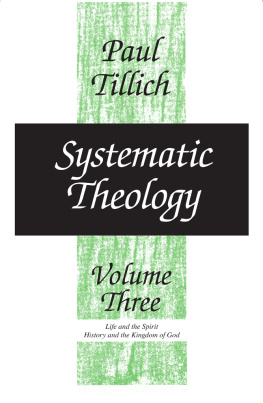





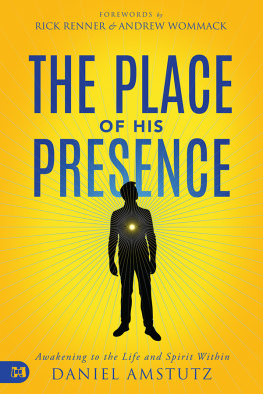
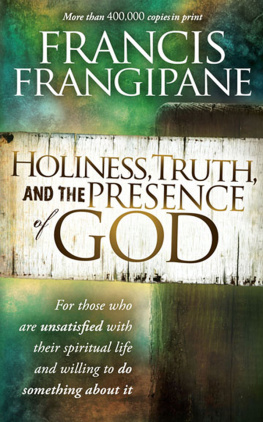
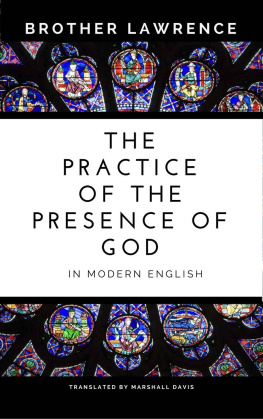
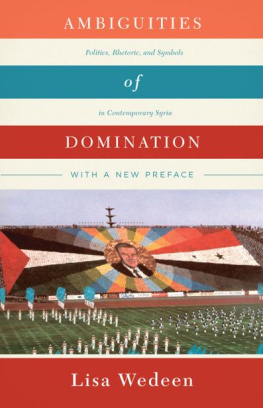
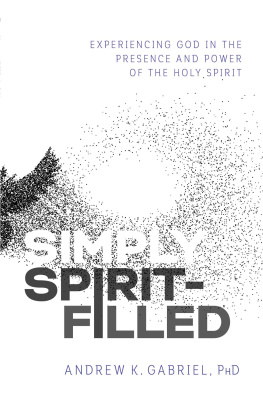
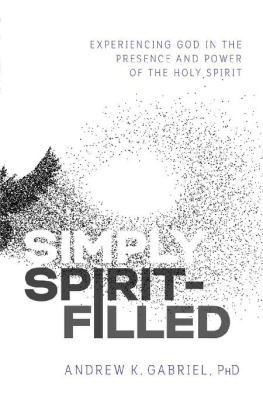
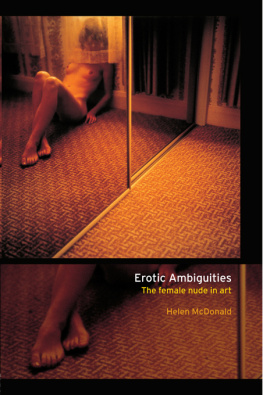

 The paper used in this publication meets the minimum requirements of the American National Standard for Information SciencesPermanence of Paper for Printed Library Materials, ANSI Z39.48-1992.
The paper used in this publication meets the minimum requirements of the American National Standard for Information SciencesPermanence of Paper for Printed Library Materials, ANSI Z39.48-1992.